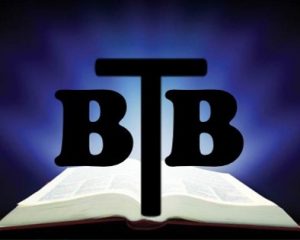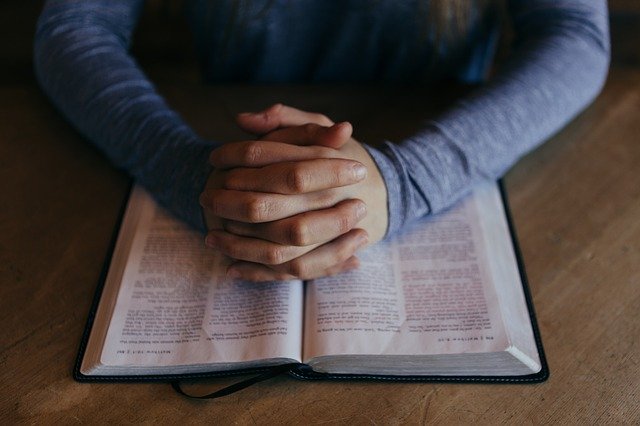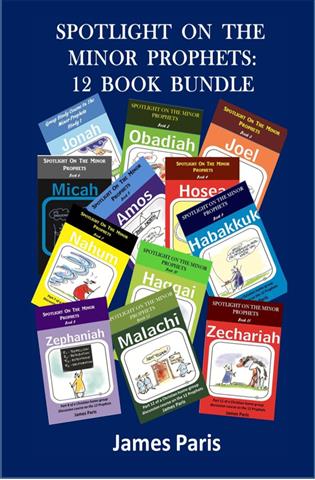Bible Books & Letters:
Determining how many books make up the Bible first of all depends on which version of the Bible you are reading or refering to.
For instance whilst the protestant Bible has a total of 66 books that make up the Old and New testaments, the Roman Catholic Bible has 7 ‘extra’ books, bringing their total to 73 books in all.
Also (to be a little pedantic) it has to be said that the ‘books’ in the bible are actually a collection of books and letters or ‘epistiles’ – especially the 13 written or attributed to the Apostle Paul called the Pauline Epistles.
What Are Pauls 13 Epistles
The 13 letters or Epistles of St Paul are as follows:
- Romans
- 1 & 2 Corinthians
- Galations
- Ephesians
- Philippians
- Colossians
- 1 & 2 Thessalonians
- Philemon
- Titus
- 1 & 2 Timothy
Hebrews used also to be on this list, however that is largely debunked by later scholars who leave the author unknown.

Books That Make Up The Old Testament
These are all the books that make up the Old Testament including the Roman catholic ‘additions’ which are highlighted in bold
- Pentateuch: Genesis, Exodus, Leviticus, Numbers, Deuteronomy
- Historical: Joshua, Judges, Ruth, 1 Samuel, 2 Samuel, 1 Kings, 2 Kings, 1 Chronicles, 2 Chronicles, Ezra, Nehemiah, Tobit, Judith, Esther, 1 Maccabees, 2 Maccabees.
- Wisdom Books: Job, Psalms, Proverbs, Ecclesiastes, Song of Songs, Wisdom of Solomon, Sirach.
- Prophetic: Isaiah, Jeremiah, Lamentations, Baruch, Ezekiel, Daniel, Hosea, Joel, Amos, Obadiah, Jonah, Micah, Nahum, Habakkuk, Zephaniah, Haggai, Zechariah, Malachi
New Testament Books Summary
- 27 books in the New Testament Bible including
- Gospels: Matthew, Mark, Luke and John
- Pauline Epistles 13 letters overall
- General Epistles: James, 1 & 2 Peter, 1 John, 2 John, 3 John, Jude
- Book of Revelation
Why are the 7 extra books in the Roman Catholic Bible

The seven extra books that are included in the Roman Catholic Bible, namely, Tobit, Judith, 1 & 2 Maccabees, Wisdom of Solomon, Sirach and Baruch.
These are called deuterocanonical books.
These were removed by the Jewish leaders at the council of Jamnia around 100AD because they were not written in the Hebrew language and therefore not to be given the authority of true scripture.
This decision, and the decision to keep these books out of the Protestant Bible, was upheld during the time of the reformation by scholars such as Martin Luther and John Calvin.
The reformists strongly disagreed in the doctrines of purgatory and the idea of being able to buy your way out of this “hells waiting room”
Salvation by faith alone and not deeds (or indeed priests) became the battle cry of the reformation and fueled the break from the Roman Catholic Church, who maintained that the 7 additional books were indeed a part of the original canon of scripture.
Are The Minor Prophets Less Important Than The Major
There is a general misconception that the messages of the minor prophets are less important than that of the major prophets just as Isaiah or Ezekiel for instance.
However this is not the case. The word ‘Minor’ does not in any way reflect the importance or relevence of their message, but instead only points to the brevity of the content.
In other words the minor prophets have shorter messages or books than the 4 ‘big players’ amongst the books of the Prophets – Isaiah, Ezekiel, Daniel and Jeremiah.


